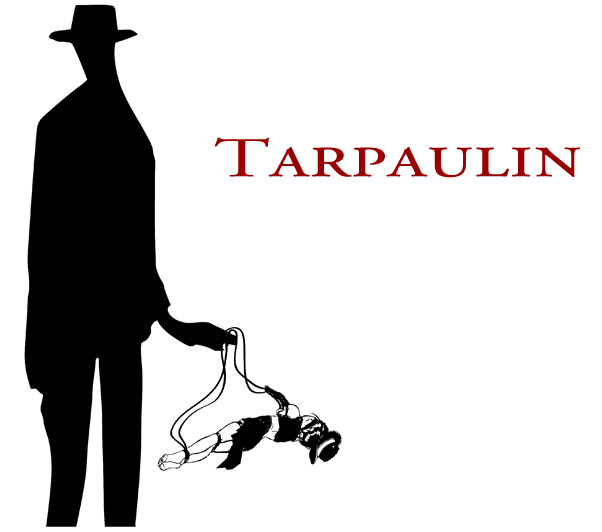
T(HERE)
Jonathan Hayes
Silenced Press (2010)
ISBN-13: 978-0979241031
Paperback: 72 pages, $14
reviewed by Francis Raven
“The title wishes not to be pronounced.” Perhaps because there is too much to say.
We need confessional poems for our own era. They don’t last. It’s like certain kinds of thriller, certain comedies; these just become dated, but that’s not a criticism, they are in the boat, out at sea, while it is being repaired, trying to describe it. It’s common to want art to last forever, but I like art that expires. T(HERE) is just such a collection of confessional poems, though they may not at first be read that way (or even want to be read that way). T(HERE) is a splintered memoir of poetry that asks what the use of voice is in our postmodern times and goes on to use it quite effectively. Basically, these poems are fragmented and funny enough to earn the emotional payout that confessional poems guarantee. We’ve been tricked by confessional poems too many times before; we know their maudlin answers and have become a cynic to emotion on the whole, which is why we need to be surprised all over again. Hayes’s poems, at their best, both resonate with our experience and shock us out of our emotional complacency.
The book is composed of shards of prose poems (perhaps a new genre: not the prose poem, but the fragment knocked off of it), juxtaposed meaningfully. It’s a perfect form for the content: there is usually too much space in memoirs, too many empty words, too much plot. What we really want are the emotions, the sadness, the feeling of poignancy, of regret, sorrow, and perhaps progress (which is also why graphic memoirs work so well: their relative lack of words). However, this fragmentation places a very real constraint on the poems themselves: they don’t have natural endpoints. It seems that each couplet could be taken as a complete poem just as the entire book might just as effectively be taken as a fragment, but a fragment of what? Of consciousness. Hayes’s earlier work was marked by much shorter amusing rants; the extension of these poised shards has the feeling of full-fledged consciousness and this is why it resonates
with the reader.
After outlining his personal narrative of being uprooted and finding meaningful details in a variety of not particularly memorable places, the author writes, “What follows is of this cycle. / The economic soil. Winter recession. / And employment up again in the spring… / The subway will not break down.” That is, it will be us who are forced to move, we who are forced to bend in light of current market forces. But it is as a result of these forces that the world is held together. We must bend our voices as we make our way through. It’s a crisscrossing road book that takes place largely in San Francisco about which it is precise, but not descriptive, largely evocative.
Along the road there is the mention of a suicide, the repetition of someone’s suicide, “the fact that / suicides are just / statistics, that / makes me want / to love you, while / i still exist…” It’s not a stretch to say that Hayes is a little too close to this and to the instances of death in the book in general. The best parts of T(HERE) never fully reveal themselves, yet they are not wholly abstract. They lift into emotion from something particular. The parts about death, perhaps because death is not known to the living, at least not from the inside, cannot lift from the particular to the universal; they must float in the abstract without any string to tie them down. Perhaps the book needs some reason to end, some resolution. That is, perhaps a collection of fragments lacks completeness and just wants to continue just as consciousness lacks completeness and desires nothing more than to continue.
***
Francis Raven is a graduate student in philosophy at Temple University. His books include Provisions (Interbirth, 2009), 5-Haifun: Of Being Divisible (Blue Lion Books, 2008), Shifting the Question More Complicated (Otoliths, 2007), Taste: Gastronomic Poems (BlazeVOX, 2005), and the novel Inverted Curvatures (Spuyten Duyvil, 2005). Frances lives in Washington, D.C.; you can find more of his work at www.ravensaesthetica.com.




